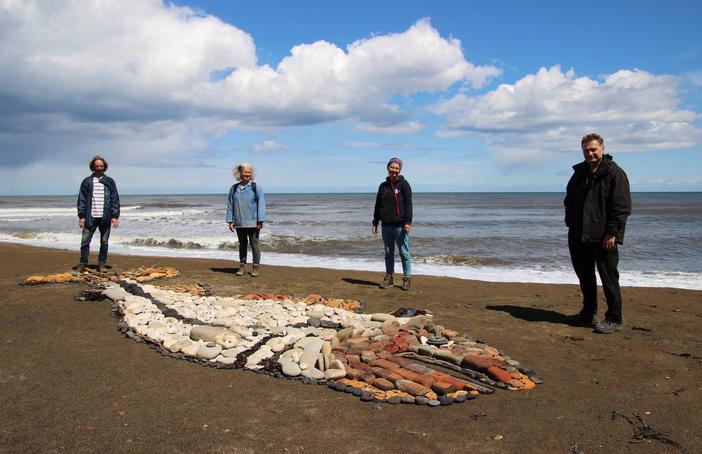Lockdown Learning: Creative People & Places share new Case Studies
26 October 2020
Creative People and Places have published their first two Case Studies in a new series that looks at what CPP projects have learned so far through the Covid-19 lockdown. They share encouraging findings about the power of creative projects to help connect and support people in isolation.
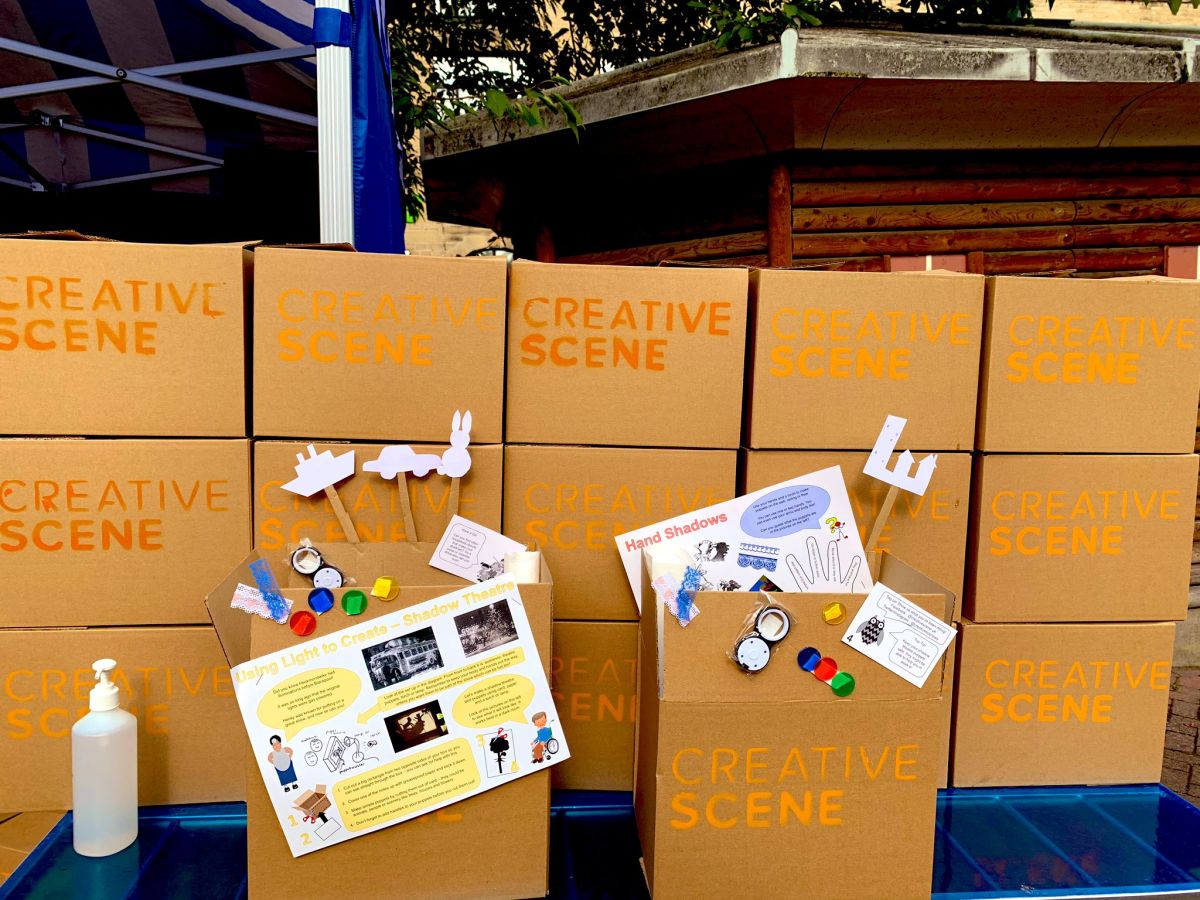
Creative People and Places (CPP) is a National Peer Learning and Communications Programme.
CPP projects work directly with their communities to develop arts programmes on their doorstep. In Lancashire, they are involved with two local projects - LeftCoast and Super Slow Way.
When the Covid-19 lockdown came into force, CPPs had to adjust and develop their ways of working in response to this new and unexpected context.
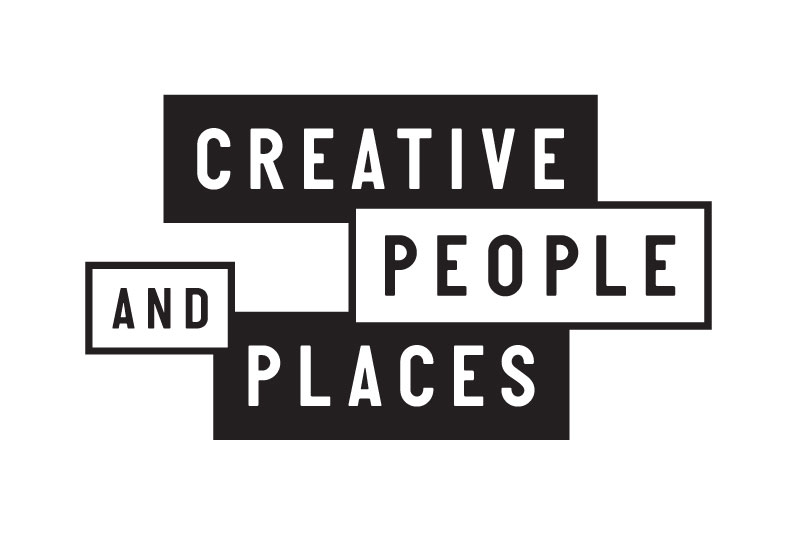 Working with their Places, the National Peer Learning and Communciations team and writer Kathryn Welch, explored which areas of CPP work have been most affected by the lockdown and came up with a short series of topics to look at in more detail.
Working with their Places, the National Peer Learning and Communciations team and writer Kathryn Welch, explored which areas of CPP work have been most affected by the lockdown and came up with a short series of topics to look at in more detail.
They have now released two case studies on their findings, as part of a new series. Overall, the thoughts and findings are encouraging whilst also highlighting the challenges of delivering programmes within current constraints. Both articles are a worth a deeper dive.
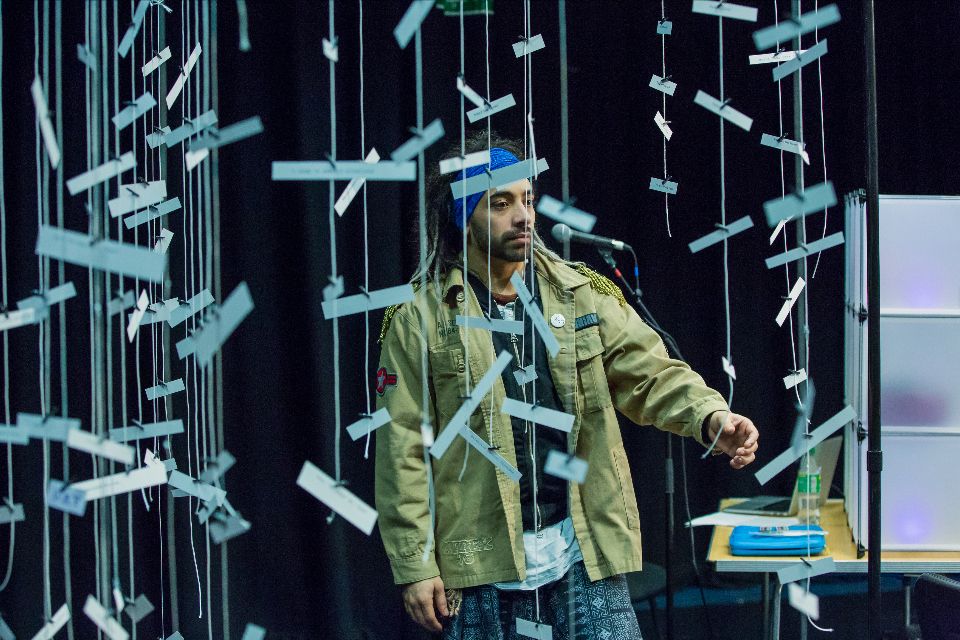
CASE STUDY 1: Working with artists through lockdown
Writer Kathryn Welch talks to Creative People and Places projects about how they have worked with artists through the lockdown period, exploring how they adapted their community-led models to create new and impactful projects and programmes.
- Read more here: https://www.creativepeopleplac...
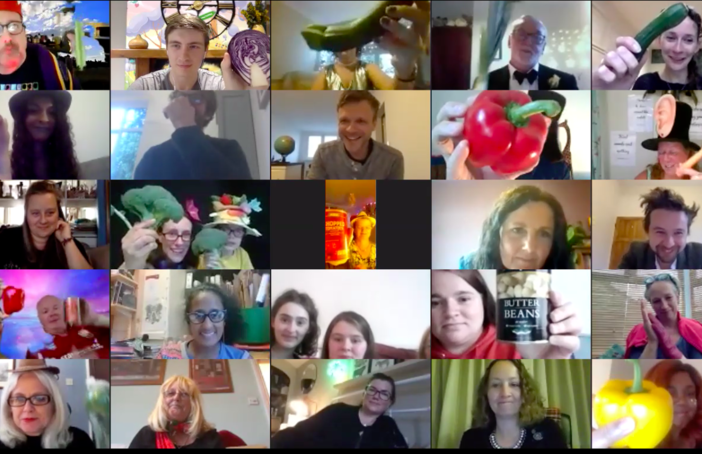 CASE STUDY 2: The Role of Digital Engagement in Place-Based Projects
CASE STUDY 2: The Role of Digital Engagement in Place-Based Projects
In the early days of lockdown, digital engagement felt like an obvious answer to questions about how to continue to deliver work. Many CPP projects quickly moved existing programmes online and started working on developing new digital opportunities as well as exploring how to use digital tools to talk to their communities. As time moved on, though, the limitations of digital engagement became more apparent and new adaptations and initiatives had to be developed to meet local contexts.
- Read more here https://www.creativepeopleplac...
You can read more about these Case Studies on the CPP website and each study has an accompanying short video sharing some of the conversations on each topic, and images from the projects.
(Information gathered from CPP Newsletter on 23rd October 2020.
